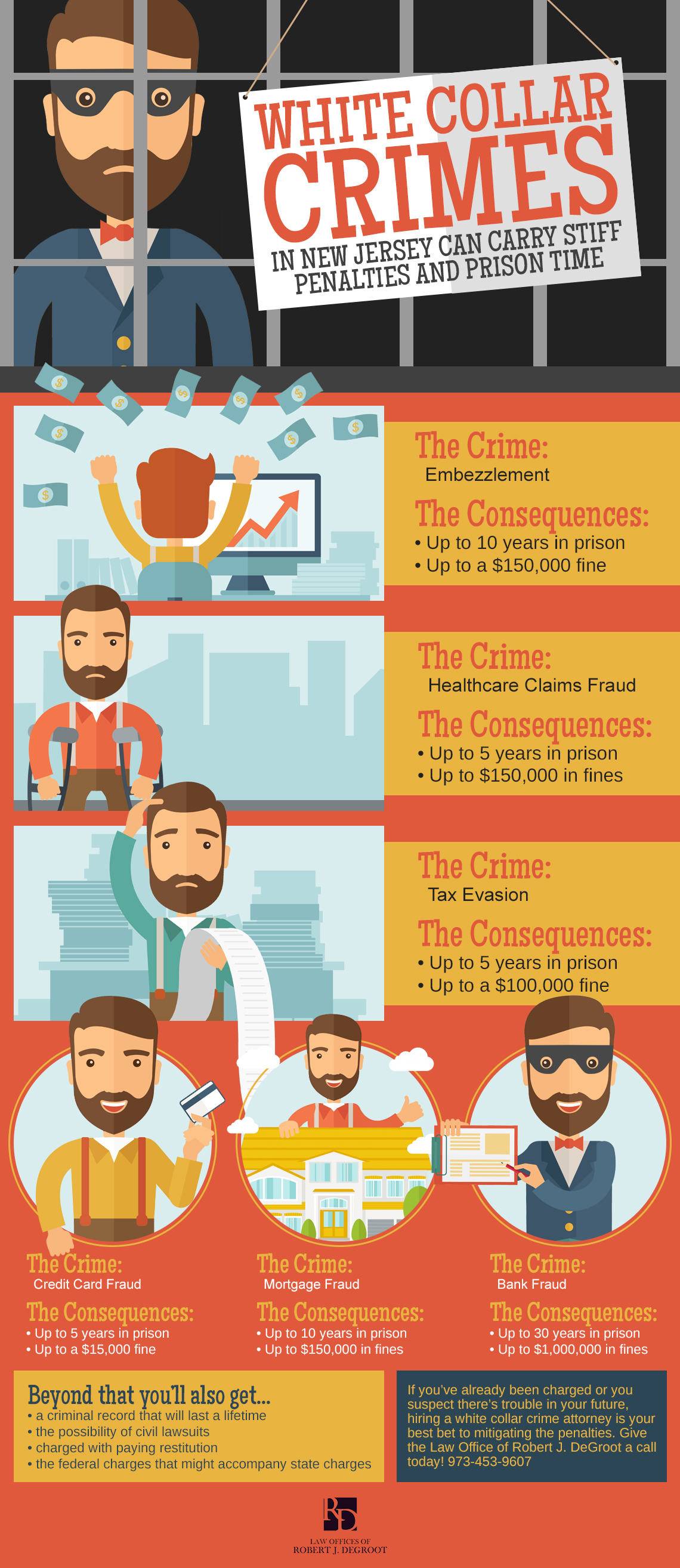The Role Of A Criminal Defense Attorney Explained
The Role Of A Criminal Defense Attorney Explained
Blog Article
Material Create By-Timmons Gallegos
You may question exactly what a criminal defense attorney does and why their duty is essential in the justice system. They're not simply lawyers who protect the implicated; they are critical in making sure that justice isn't just an idea, however a fact. From interpreting regulations to crafting defense strategies, they navigate the complexities of lawful procedures to shield their clients' civil liberties. But exactly how do they stabilize ethical issues, public perceptions, and the pressure of potentially life-altering decisions? Consider the deepness of their responsibilities and the skill sets needed to handle the delicate dynamics of the courtroom. What may seem simple is typically anything yet.
Comprehending Legal Legal Right
Comprehending your lawful rights is essential when navigating the intricacies of the legal system. Knowing what you're entitled to under the regulation can dramatically affect the end result of your case. You're not simply an onlooker in your lawful fights; you're an energetic individual with rights that safeguard you.
First of all, you deserve to stay silent. This isn't just a line in flicks; it's your shield versus self-incrimination. Whatever you state can undoubtedly be used against you, so understanding the power of silence is critical.
You also have the right to be stood for by a lawyer. Whether you hire one or have one selected, legal representation is your fundamental right. It guarantees you have an expert to navigate the lawful details and supporter in your place.
Furthermore, you're qualified to a fair test. This means being tried in a competent court, by a neutral court, and without undue delay. You also have the right to challenge witnesses against you, which enables your protection to cross-examine the prosecution's witnesses and challenge their testimony.
Acknowledging these civil liberties equips you to take an energetic function in your defense and helps secure your liberty and future.
Techniques in Protection
Why should you recognize the best protection techniques? As you browse the complexities of a criminal case, understanding various defense techniques can significantly affect the end result. Your attorney's approach to your defense might differ based upon the evidence, the nature of the costs, and local legislations. Here's what you should understand about crafting the defense approach.
First of all, recognizing disparities or inaccuracies in the prosecution's proof is essential. Your legal representative will inspect every information, looking for spaces that can be made use of to your benefit. They might also challenge the admissibility of evidence if it was improperly acquired, thereby weakening the prosecution's instance.
Second of all, consider the alibi protection. If you weren't at the scene of the criminal offense, evidence of your location could be essential. This includes gathering trustworthy witnesses or tangible evidence to sustain your insurance claim of being in other places.
Furthermore, criminal appeals attorney is an additional strategy, relevant if you're charged of a violent criminal offense and you think you were shielding on your own. Showing that you 'd a practical idea of imminent harm and that your response was proportionate can be reliable.
Each method calls for precise preparation and a deep understanding of lawful criteria and civil liberties. Your attorney's role is to customize these methods to fit the specifics of your instance, aiming for the best feasible outcome.
Trial Preparation and Depiction
After exploring defense strategies, it's important to concentrate on exactly how your attorney will plan for test and represent you in court. Your lawyer's duty changes dramatically as they move from planning to activity.
Initially, they'll gather and evaluate all proof, guaranteeing they recognize the instance completely. This consists of depositions, witness declarations, and any physical proof that may influence your trial.
Next, your attorney will certainly create a compelling story. They'll craft a tale that aligns with the evidence but likewise humanizes you to the jury. This story is important; it's the backbone of your defense, created to reverberate with jurors' emotions and reasoning.
Simulated trials may be performed to fine-tune debates and prepare for prosecution strategies. Your lawyer will certainly additionally make a decision whether you need to testify, which can be a crucial decision in your situation.
During the actual trial, expect your lawyer to be assertive. They'll test disparities in the prosecution's evidence and cross-examine witnesses to highlight doubts regarding their integrity or trustworthiness.
Final thought
As a criminal defense lawyer, it's your responsibility to secure your client's rights and browse the lawful labyrinth. You'll dissect proof, counter the prosecution's cases, and craft protection methods tailored just for them. Remember, https://www.legalreader.com/do-you-need-to-hire-a-criminal-defense-lawyer-in-alaska/ looks for justice yet also encourages your customer to involve confidently in their protection. Count on your experience, for your role is essential in making sure a reasonable test and possibly changing the training course of your client's life.
